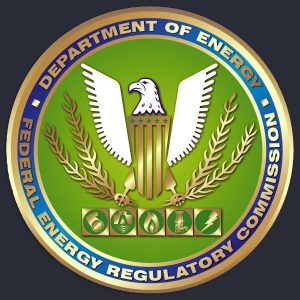Colleague Robert A. James has authored the United State chapter of Global Legal Group’s Energy 2020 in which he provides an overview of the current U.S. energy marketplace.
In the chapter, Rob discusses the progress as well as the clashes on policies and projects in a wide variety of arenas, including:
- Incentives and challenges for renewables, including U.S. offshore wind and expanded power storage;
- Divergent views on natural gas and battles over new oil and gas pipelines;
- The vehicle efficiency duel between California and the federal government;
- Endangered Species Act, environmental regulatory and climate change litigation developments; and
- Wildfire liability, cybersecurity and blockchain issues for electric utilities and the national grid.
To access the full PDF, click here.
(Reproduced with permission from Global Legal Group, Ltd.)
 Gravel2Gavel Construction & Real Estate Law Blog
Gravel2Gavel Construction & Real Estate Law Blog



